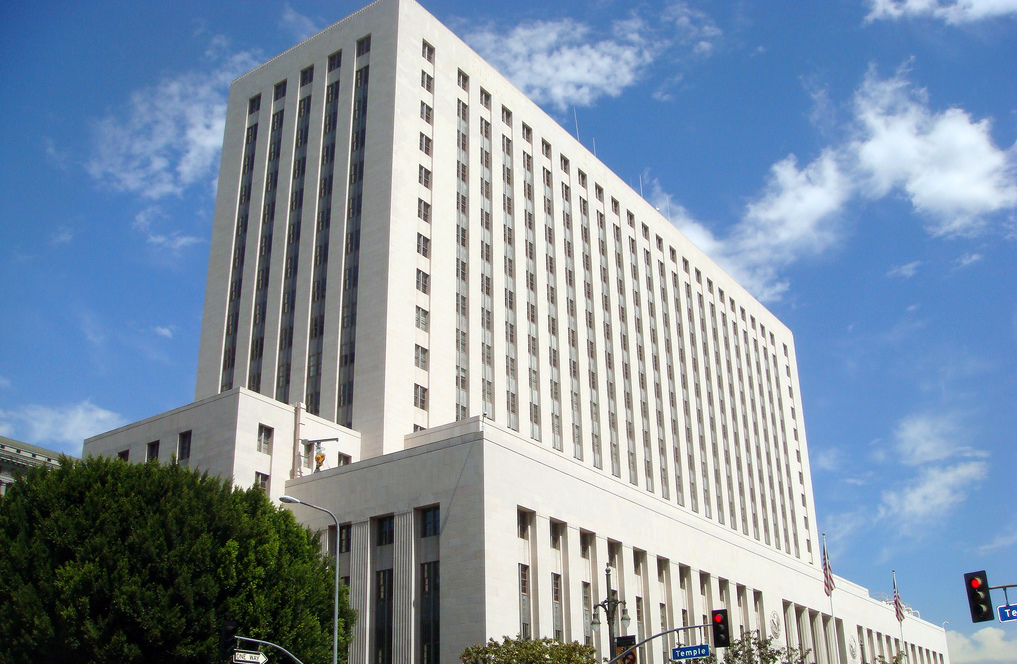Yesterday, ACT | The App Association filed a motion in the U.S. District Court in California for leave to file an amicus curiae brief in support of Apple in the case of a locked iPhone used by one of the San Bernardino attackers. ACT | The App Association’s amicus brief accompanying the motion focuses on the enormous burdens that the government’s position would impose beyond Apple, and discusses the potential damage such a position threatens to inflict on a significant and growing sector of the U.S. economy.
The Department of Justice continues to claim this is just about one phone, one specific case, and one company, but it still isn’t true. The entire digital economy is founded on trust between software companies and their customers. What the government is demanding would undermine security and privacy practices across the board and would have a devastating impact on the entire industry, especially the app makers ACT | The App Association represents.
It is very worrisome that the FBI seeks invasive powers while failing to grasp the consequences. Requiring companies to write alternative versions of software for government access is burdensome and defeats security protections.
ACT | The App Association’s amicus brief argues that:
“The Government’s demands would impose an unprecedented and extraordinary burden on numerous industry participants. If changes to the policy framework governing the mobile economy’s vital technologies need to be made, such changes should come from Congress—not by way of an ad hoc process based on a misapplication of a 227-year-old law. As Magistrate Judge Orenstein of the U.S. District Court for the Eastern District of New York held earlier this week in rejecting a similar attempt by the Government to use the All Writs Act, ‘the relief the government seeks is unavailable because Congress has considered legislation that would achieve the same result but has not adopted it.’”
Other highlights from ACT | The App Association’s brief:
1. The Burden the Government Seeks to Impose is Unprecedented
The “assistance” that the Government has compelled through the All Writs Act here is unprecedented and extraordinary. By the Government’s account, the All Writs Act empowers the federal government to compel companies to write software to assist law enforcement, simply because those companies “write The form of “assistance” the Government has conscripted Apple to provide here would require massive expenditures of time and resources from any industry player, and it would be exceptionally onerous for the small companies that constitute the majority of ACT’s members and that are the heart of the mobile economy. Case Law Does Not Support the Type of Burdensome Assistance Compelled Here The Government seeks a power that extends far beyond any previously recognized under the All Writs Act. Notably, the Government cannot point to a single case under the Act (or otherwise), in which a court compelled a third party to build software, let alone to restructure a business, in order to assist in a criminal investigation. Government Misapprehends the Extraordinary Burdens, Particularly for Small Companies Additionally, although Apple faces extraordinary burdens here, see Declaration of Erik Neuenschwander in Support of Apple’s Mot. Vacate (Feb. 25, 2016), the burdens likely would be far weightier for a smaller or startup software company conscripted to develop software to assist a Government investigation. Put simply, the small businesses who comprise the majority of ACT’s 5,000-plus members do not have the personnel or the resources to effectuate the type of new software development that the Government compelled here. See id. ¶¶ 3, 21-22 (testifying that “between six and ten Apple engineers and employees” would be required). These Burdens Cannot Be Cabined To This Particular Case Notwithstanding the Government’s attempts to emphasize the specific facts of this case, see Ex parte Application at 1-4, 16-17, there is nothing in the Government’s argument that provides a principled stopping point that would limit the assistance sought to cases such as this one. The Government’s argument regarding the lawfulness of this court’s order does not, for example, carefully weigh the specifics of its interest in investigating and combating terrorism against the specifics of the burden imposed. Rather, it focuses only on the supposed lack of a burden on Apple, which is based on reasoning that, as explained, would apply to any company that writes software. The Government does this, presumably, because it does not actually want an order that would apply “‘Just this once.’” Apple’s Mot. at 3. 2. If the Government Wants These New Tools, It Should Seek New Legislation, Not Use All Writs Act There is no doubt that tensions and competing interests exist between law enforcement’s interests and the broader interest of ensuring data privacy. To address the sensitive balancing of these considerations, however, the answer is not to contort the All Writs Act and New York Telephone beyond recognition. If a change needs to be made to the manner in which the interests at issue here are weighed, it should be made by Congress. ACT | The App Association motion to file amicus brief ACT | The App Association amicus brief Image: Kansas Sebastian / license / cropped
